Calle Ramelow: Can-do character, enforcer and fan favourite
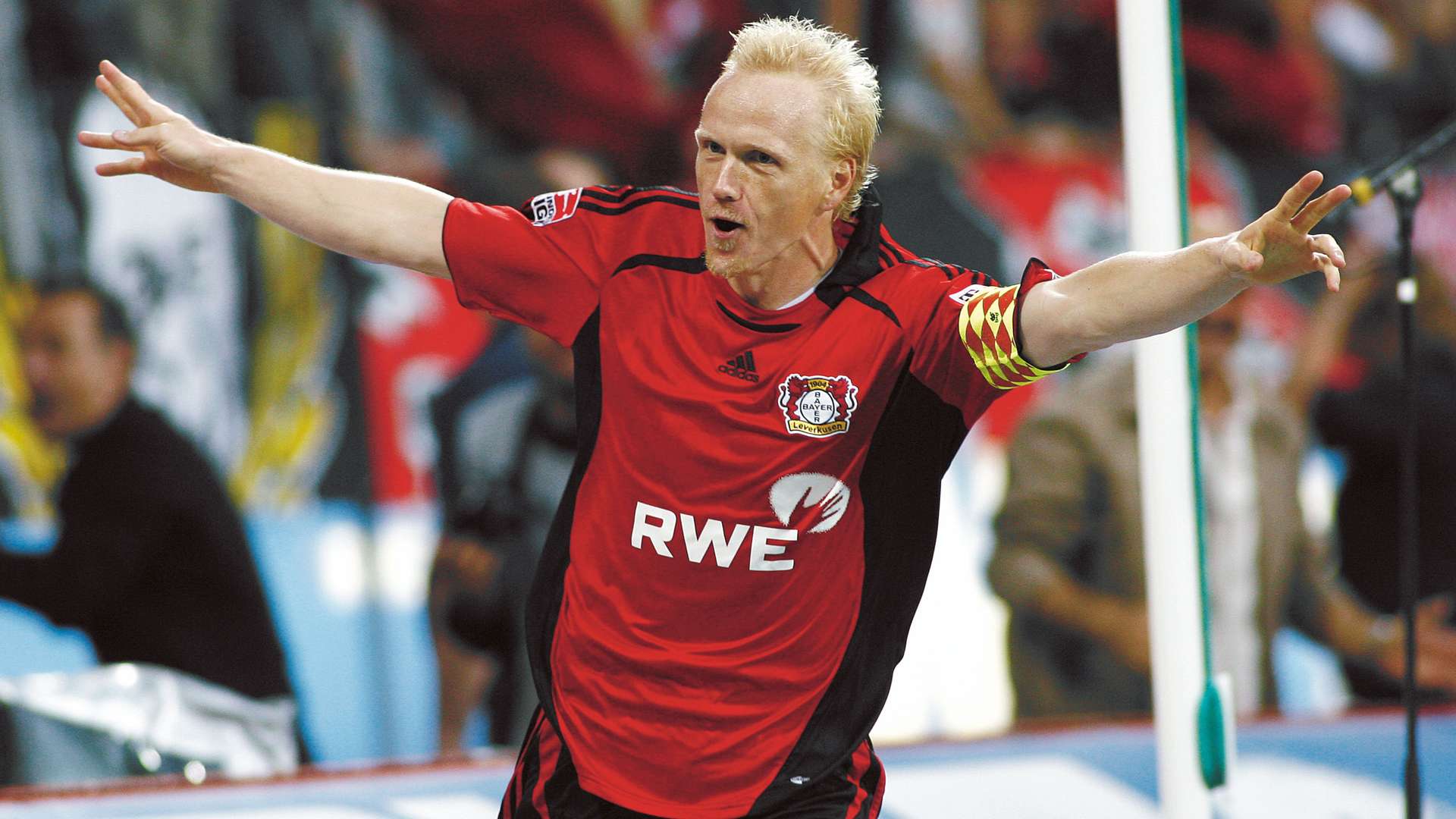

Steffi and Carsten Ramelow with their German Shepherd Duke.
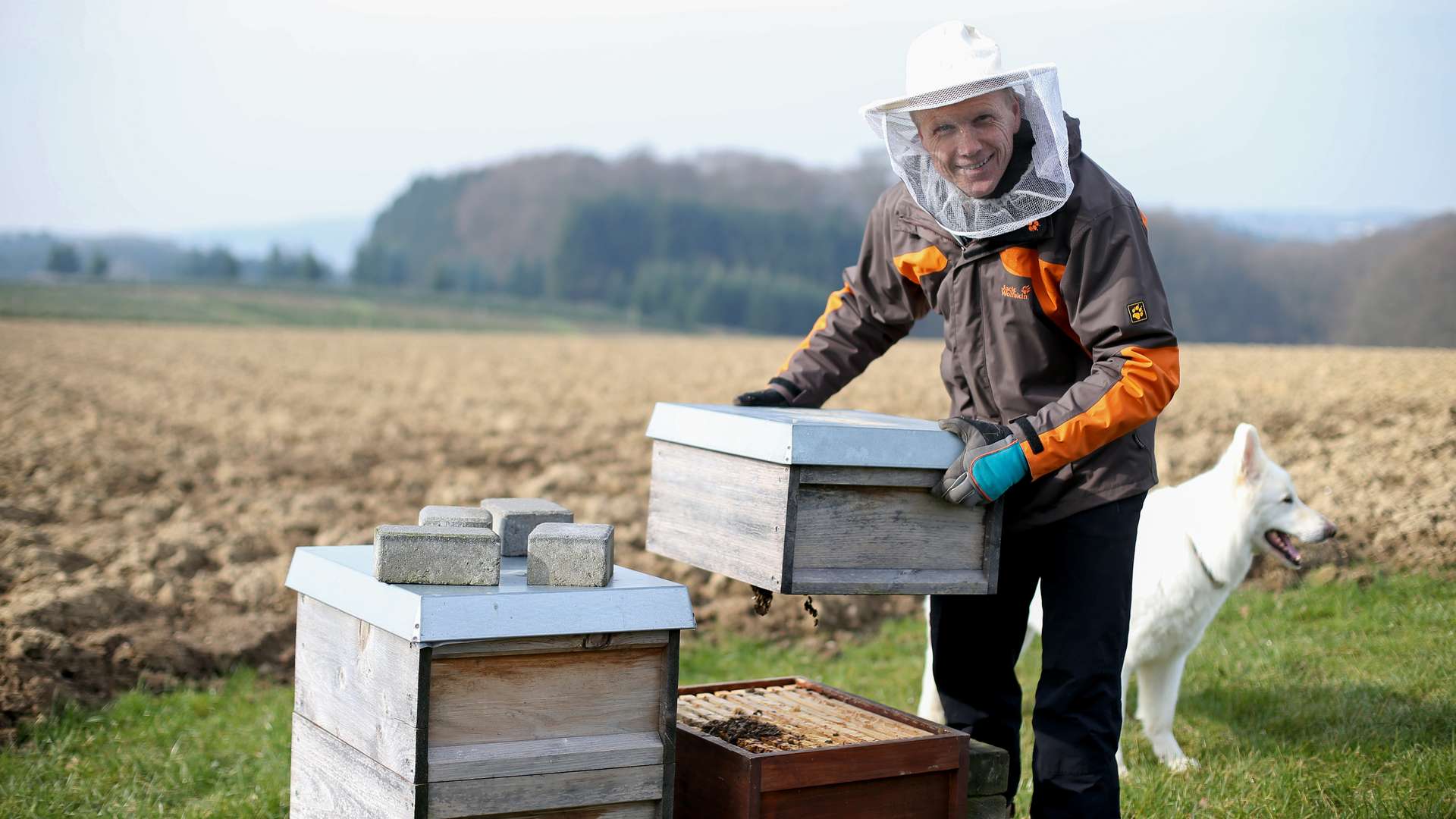
Calle, the beekeeper: His bees produce up to 60 kilos of honey per year.
„Now, we’re smallholders and real country bumpkins
„I've always believed in getting stuck in.
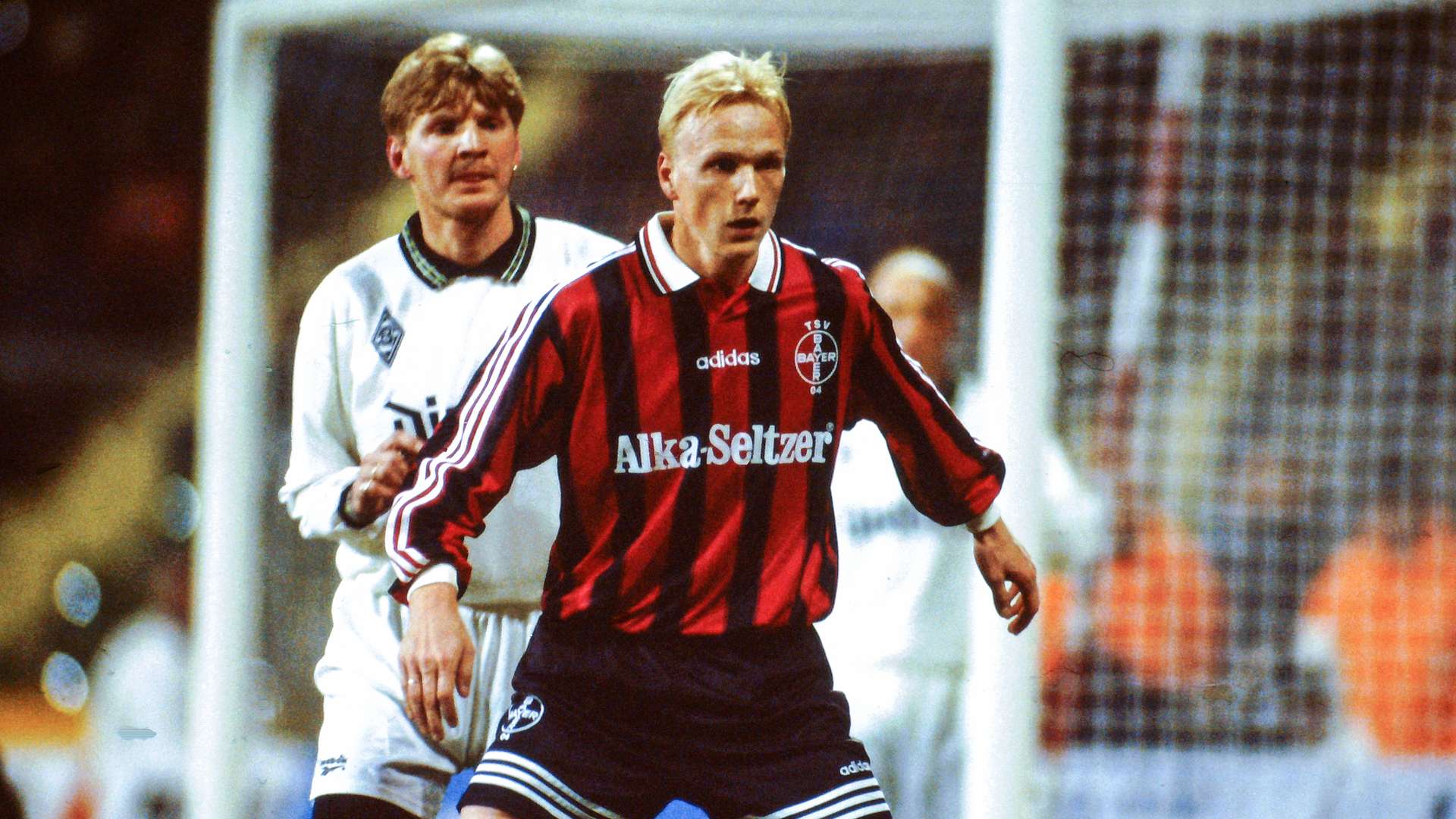

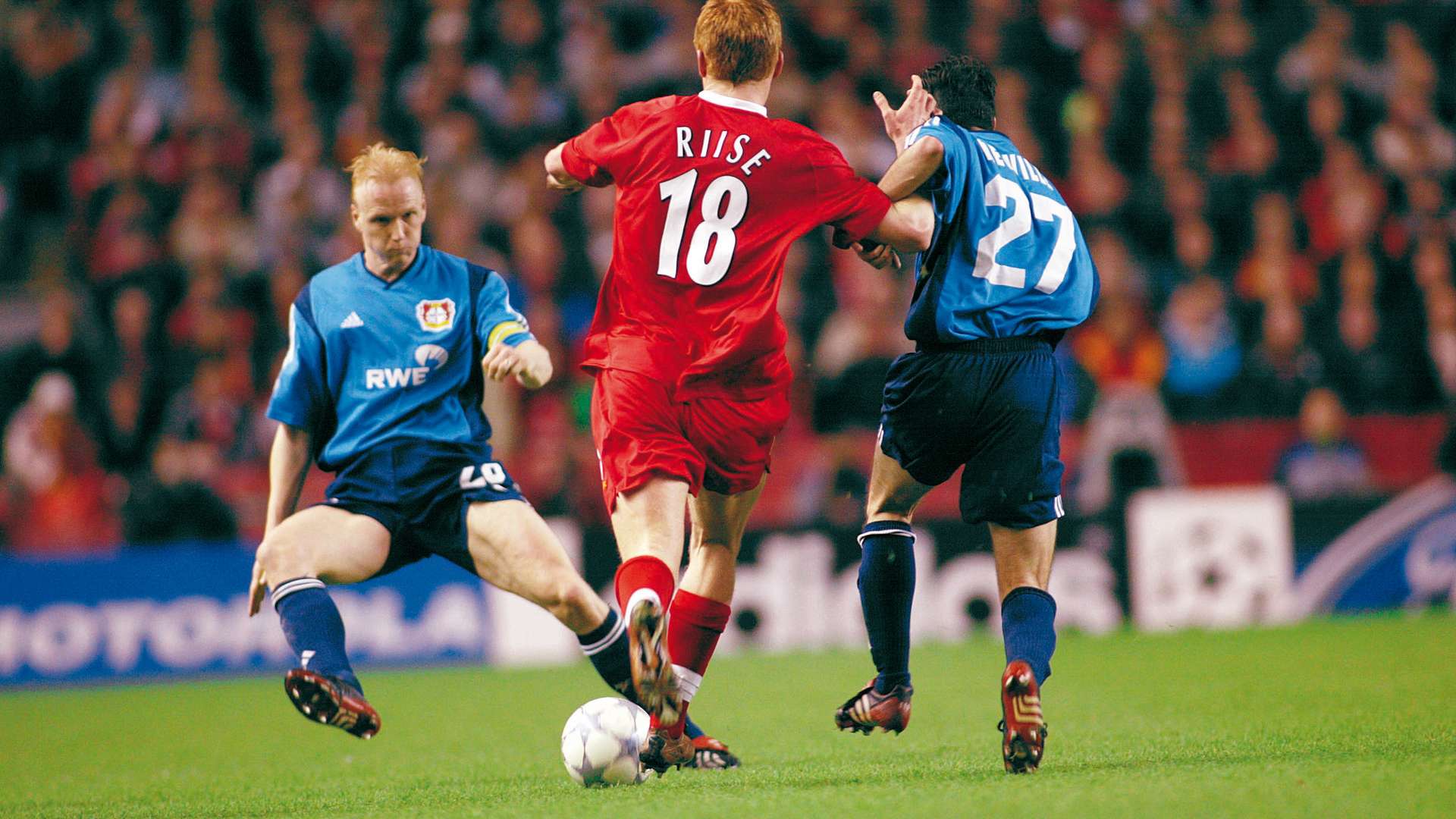
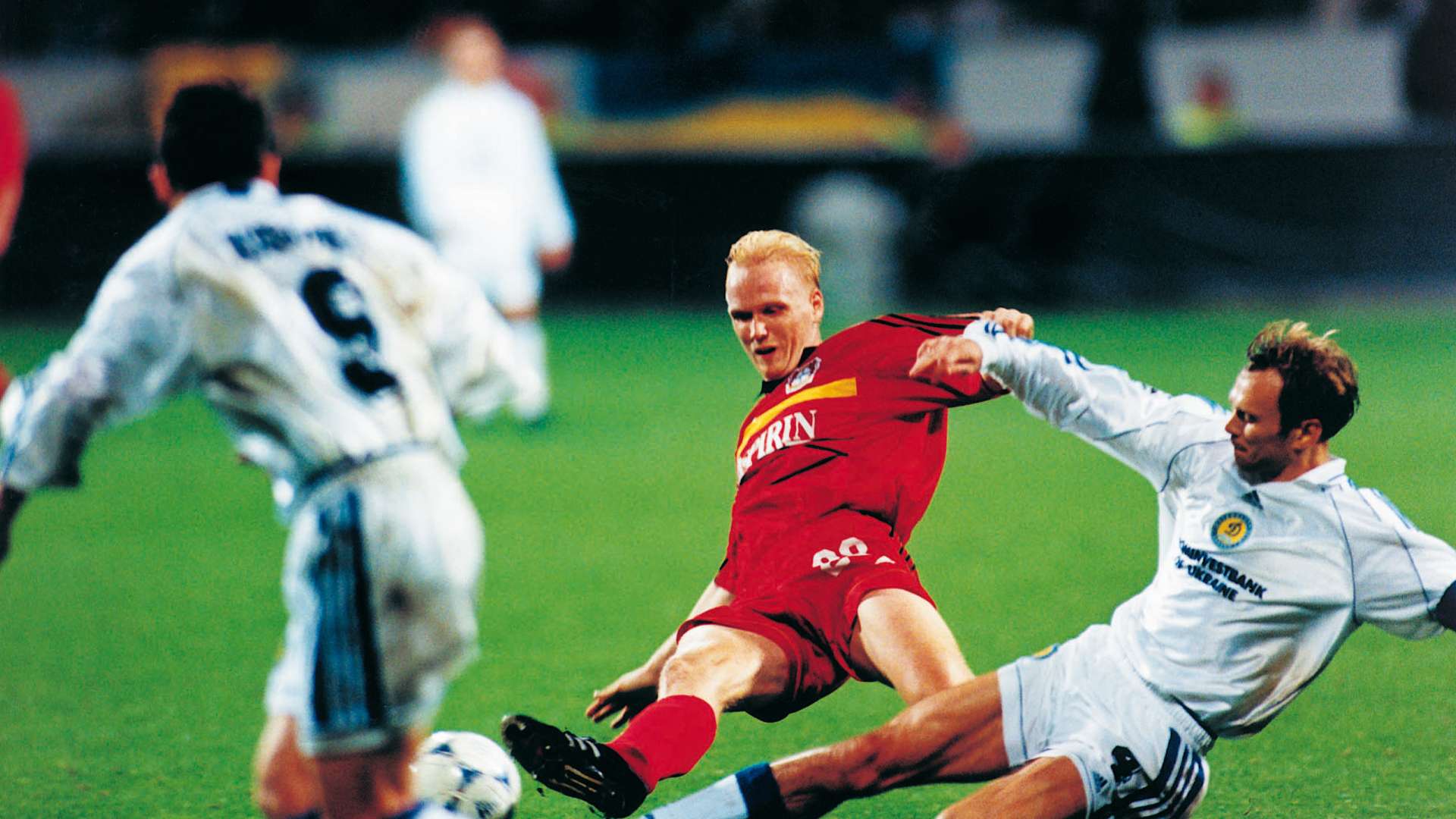

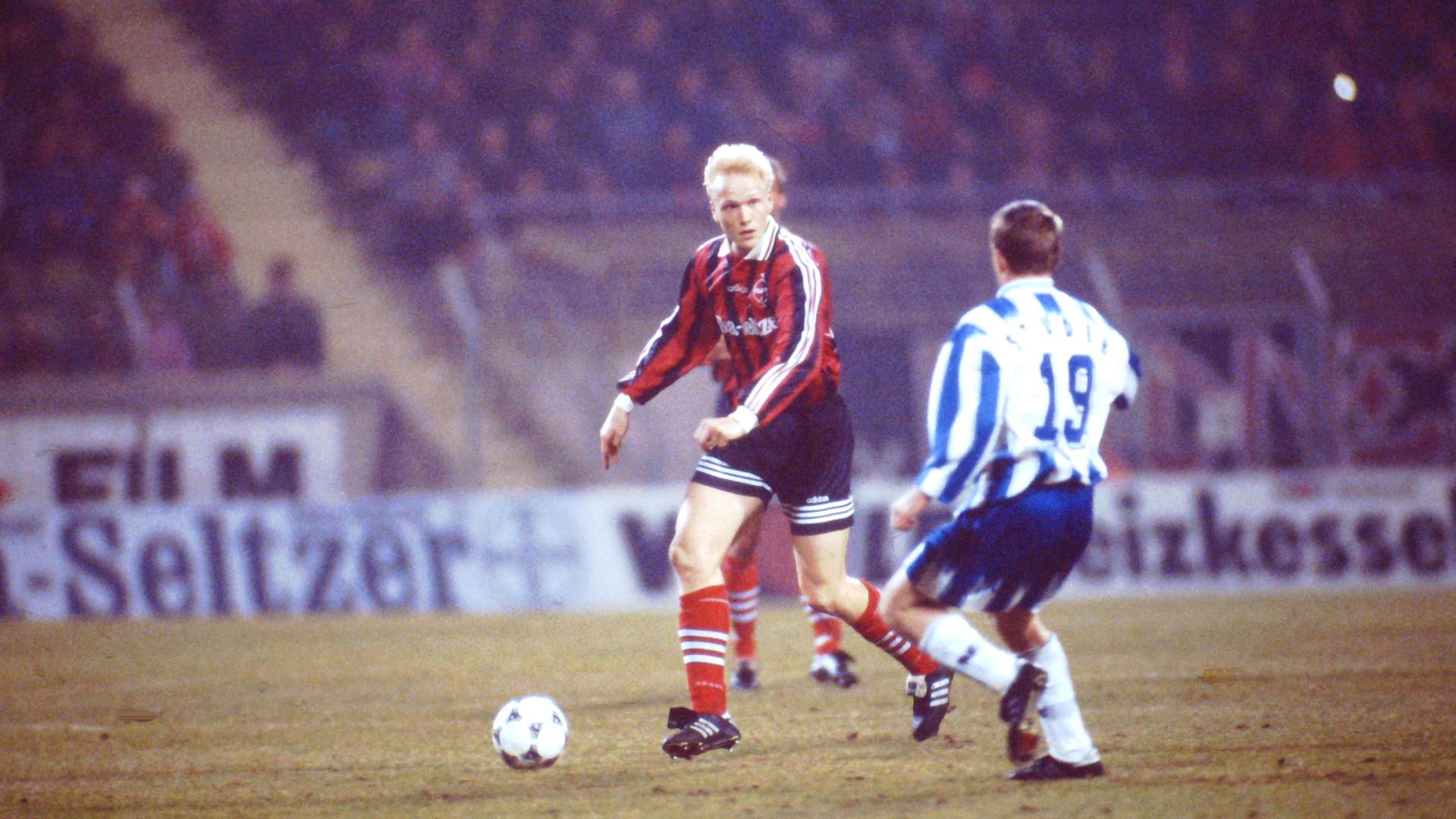
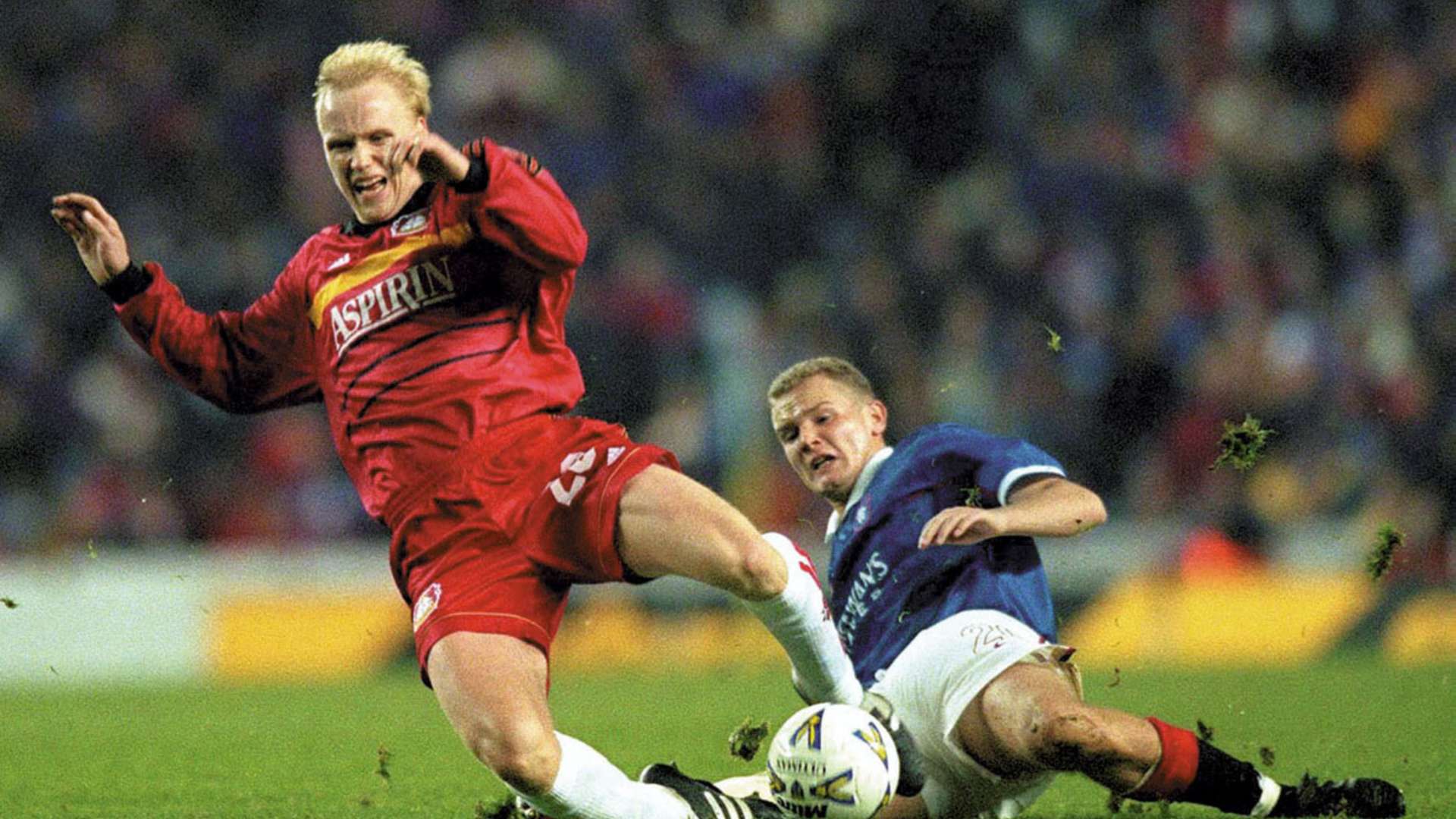

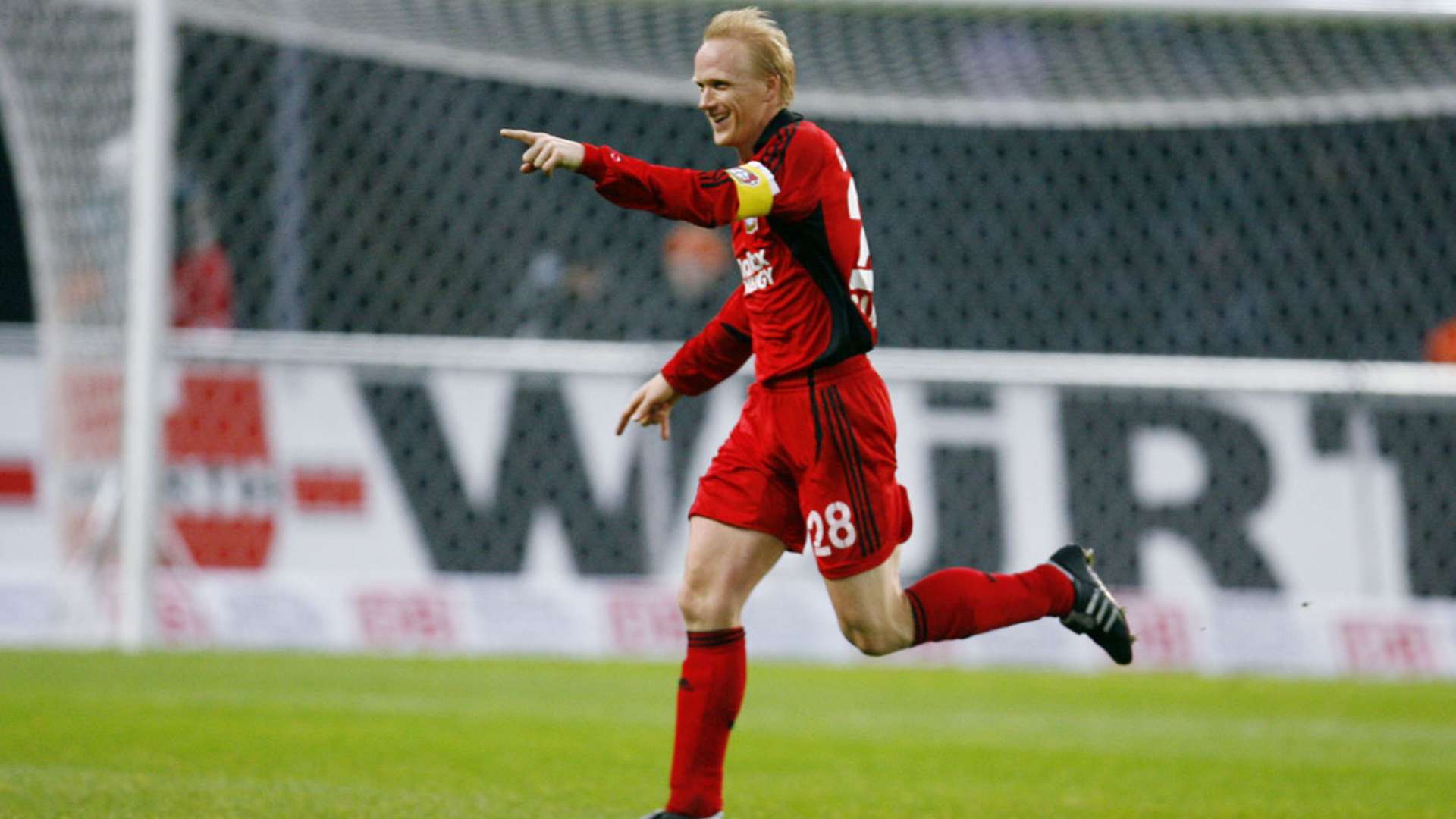
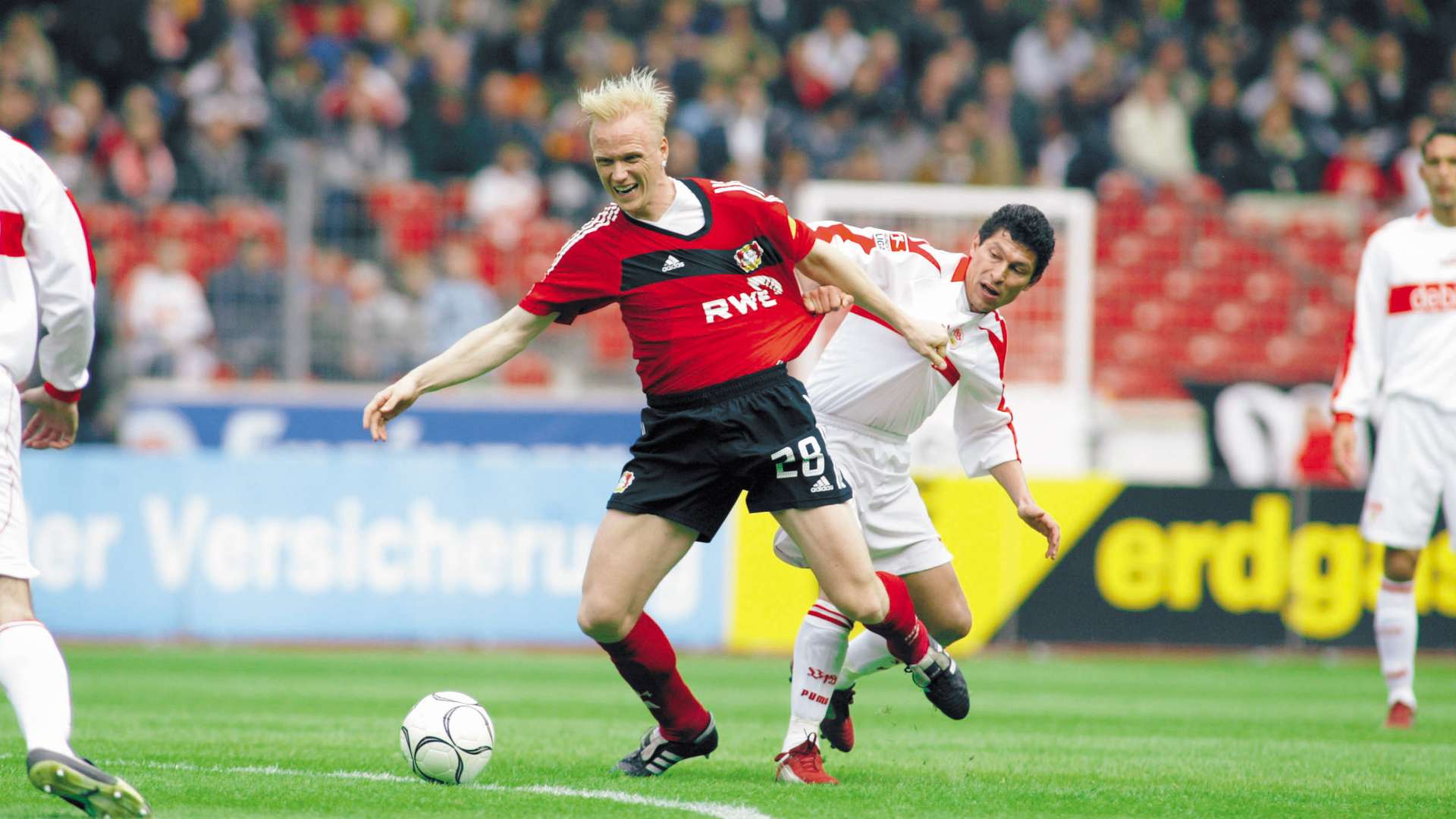
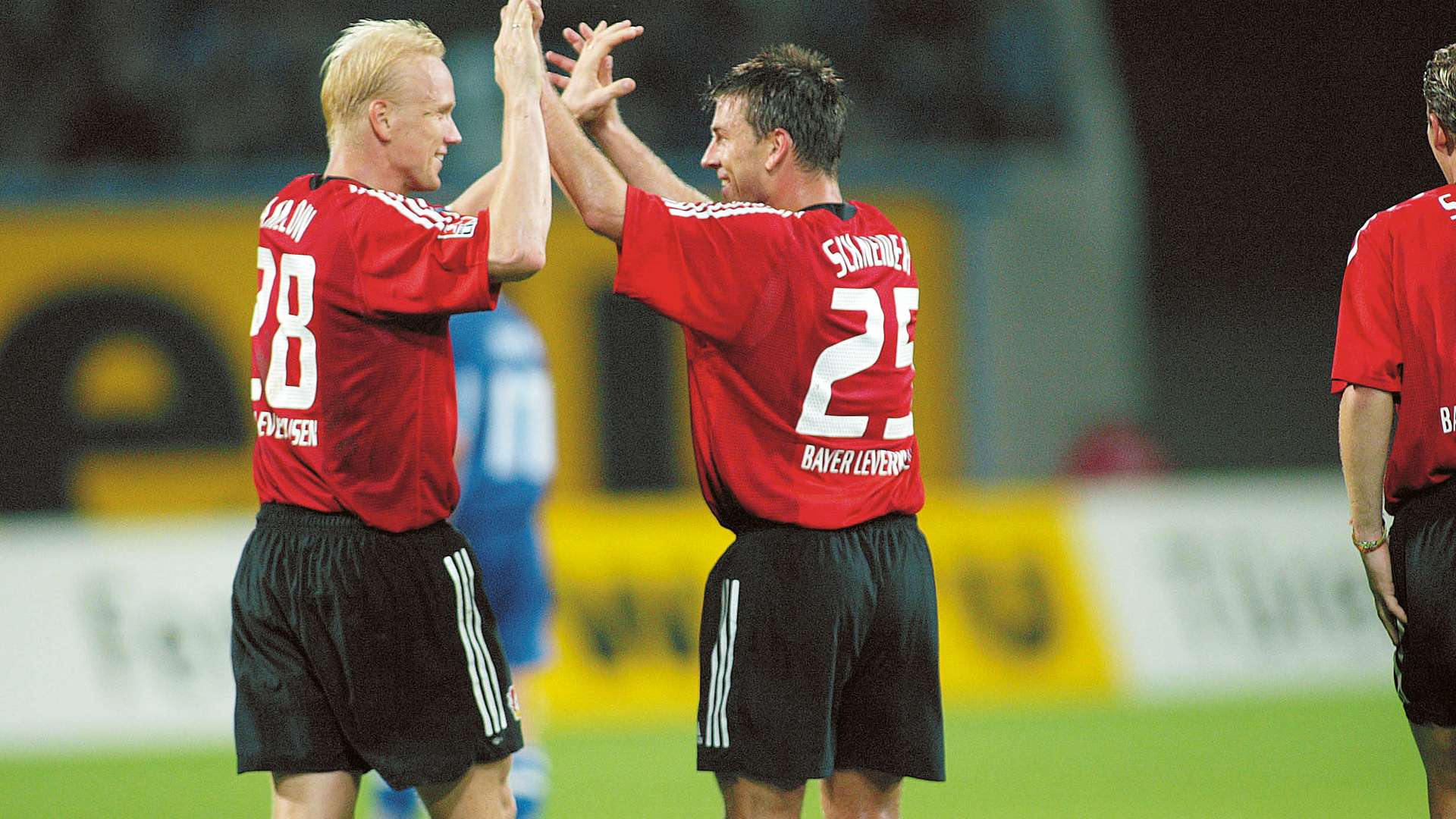
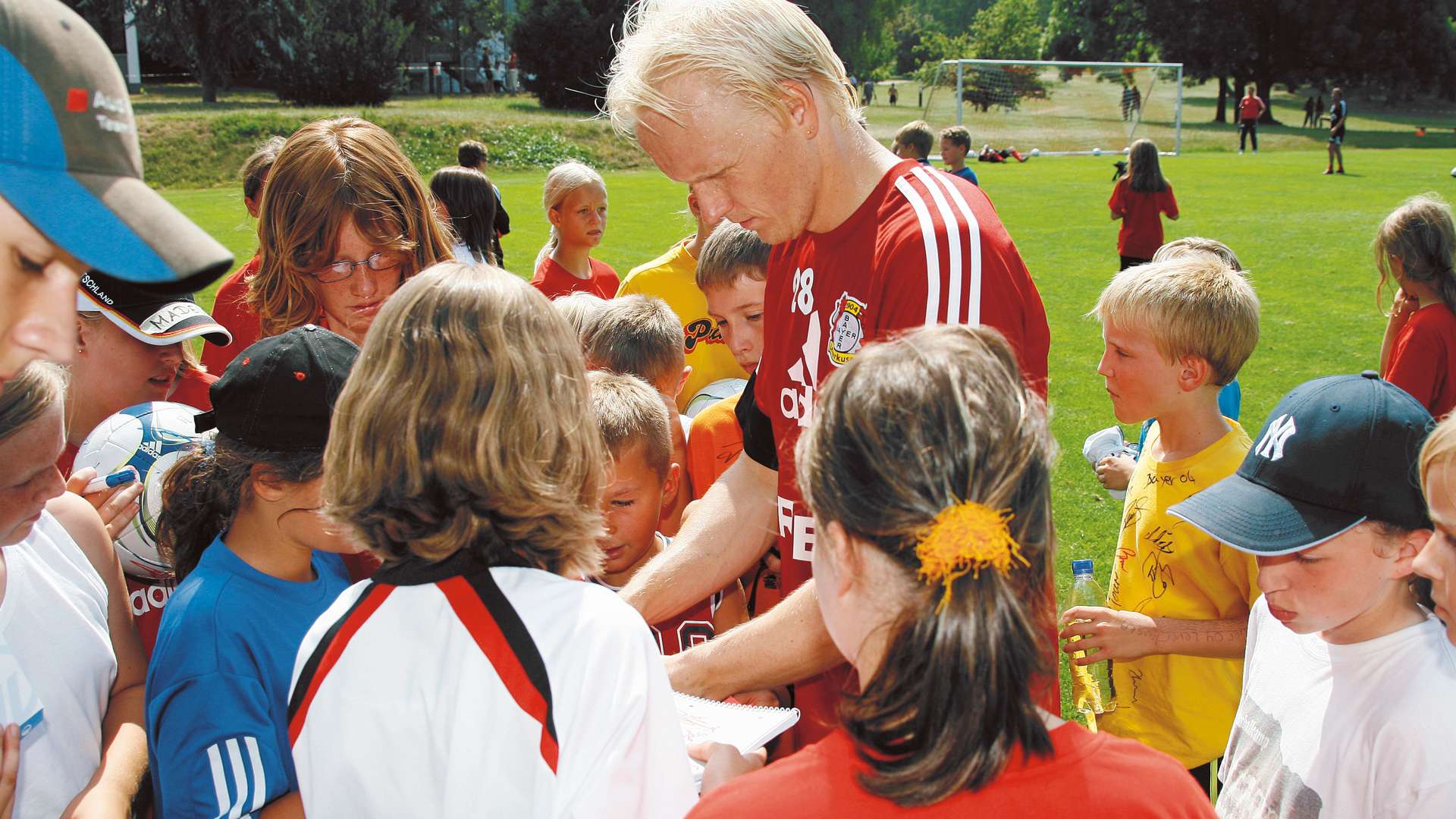
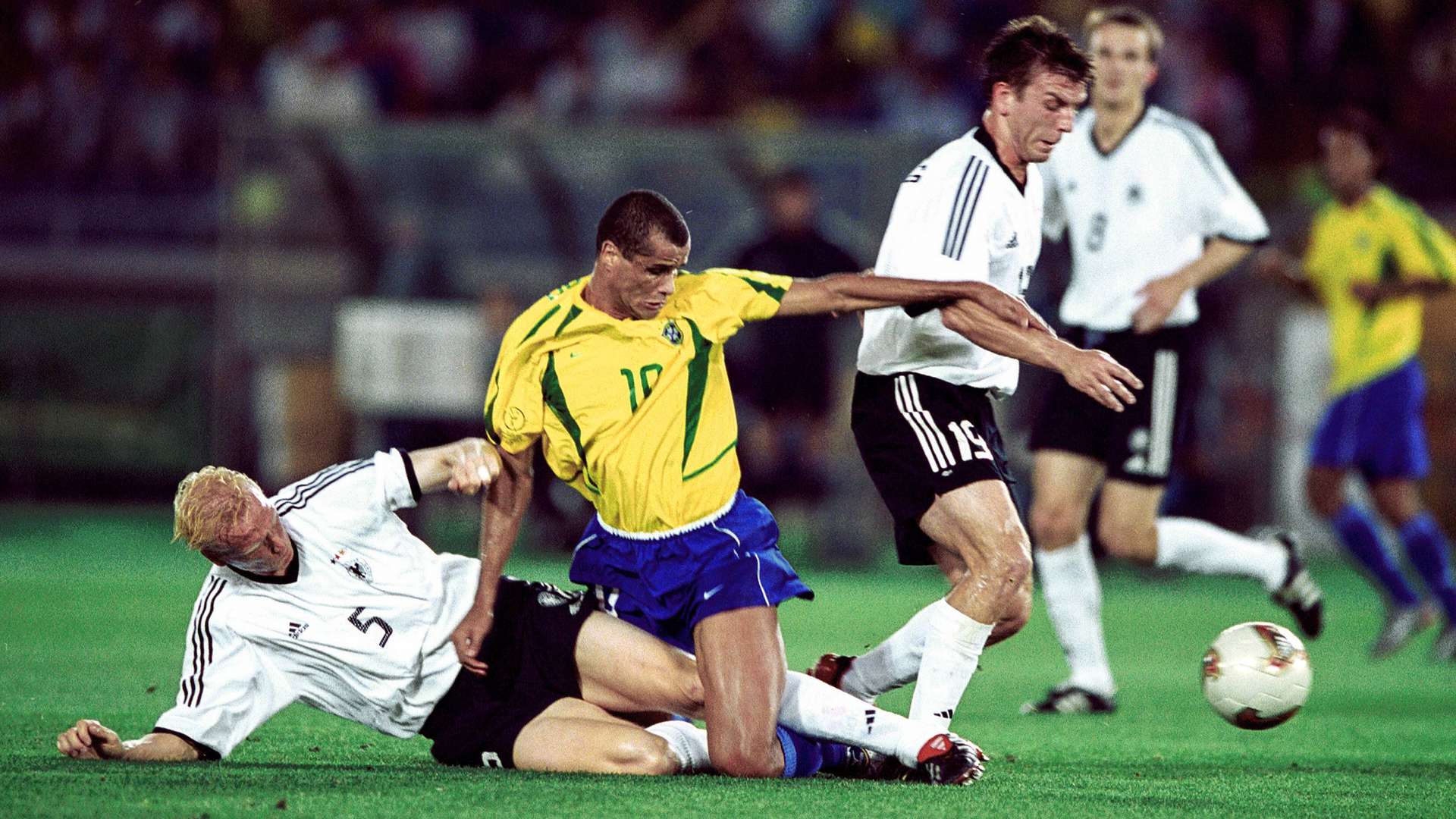
2002 World Cup final: Carsten Ramelow and Bernd Schneider each produced very impressive performances in the 2-0 defeat to Brazil.
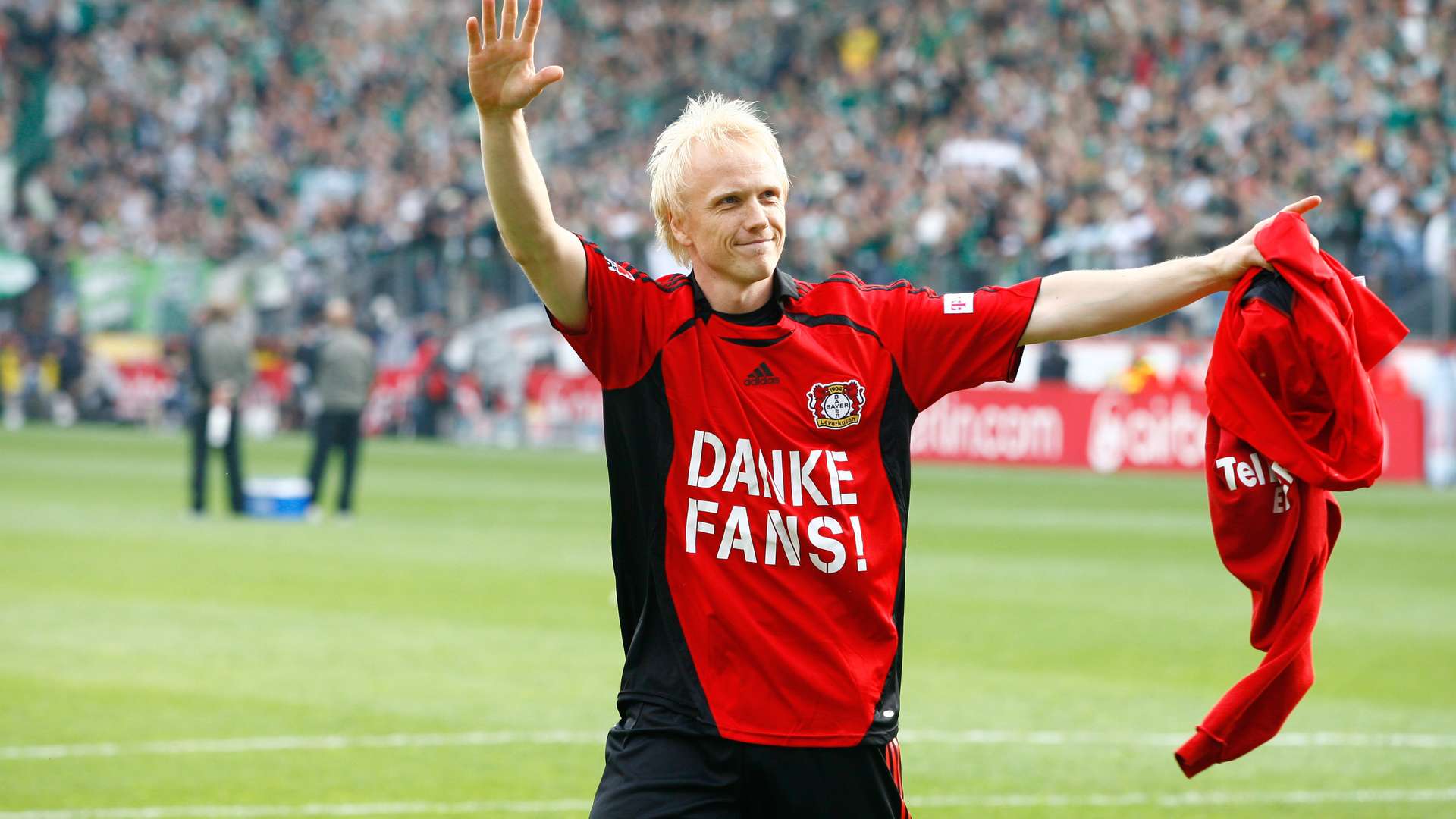

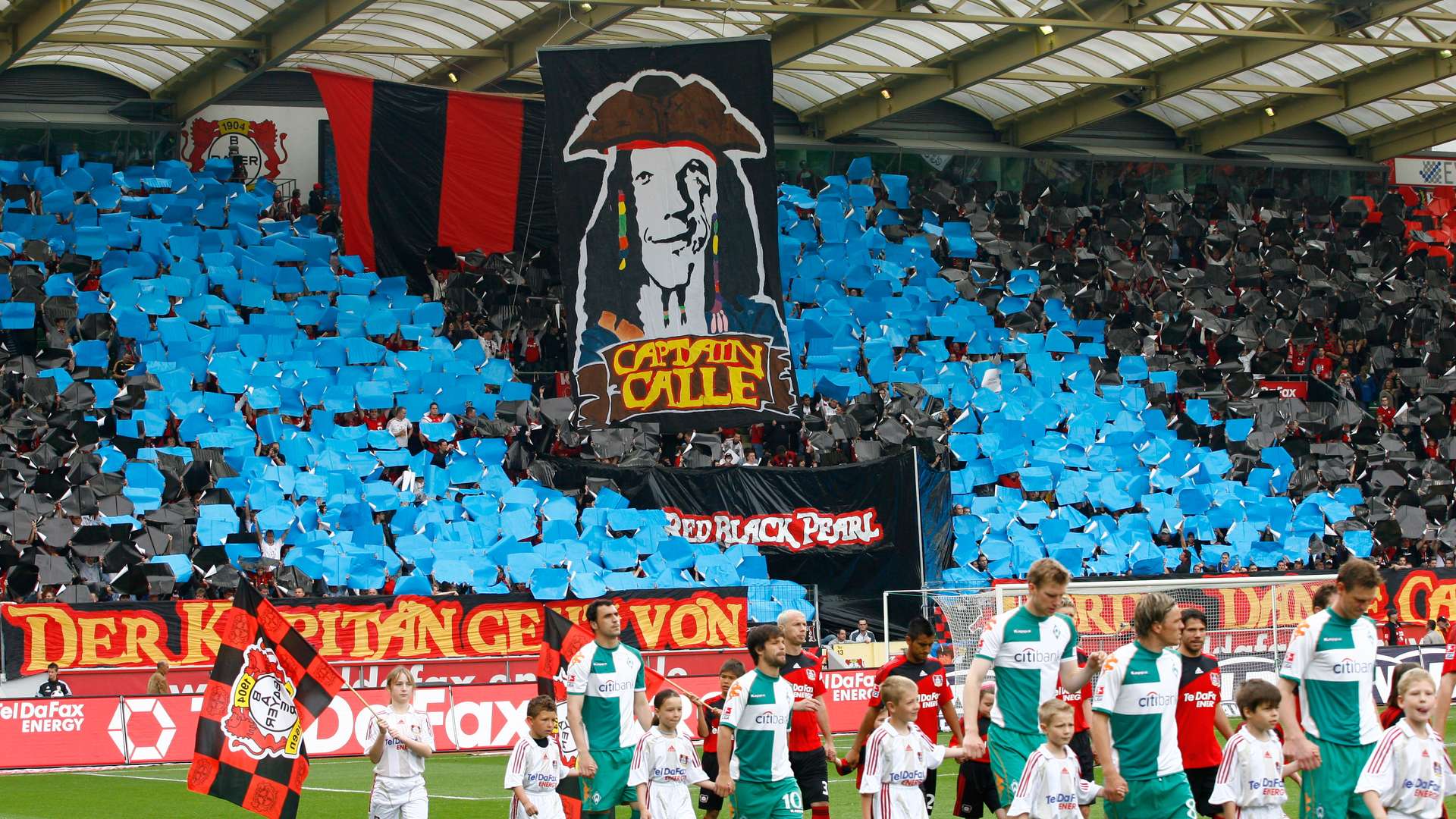


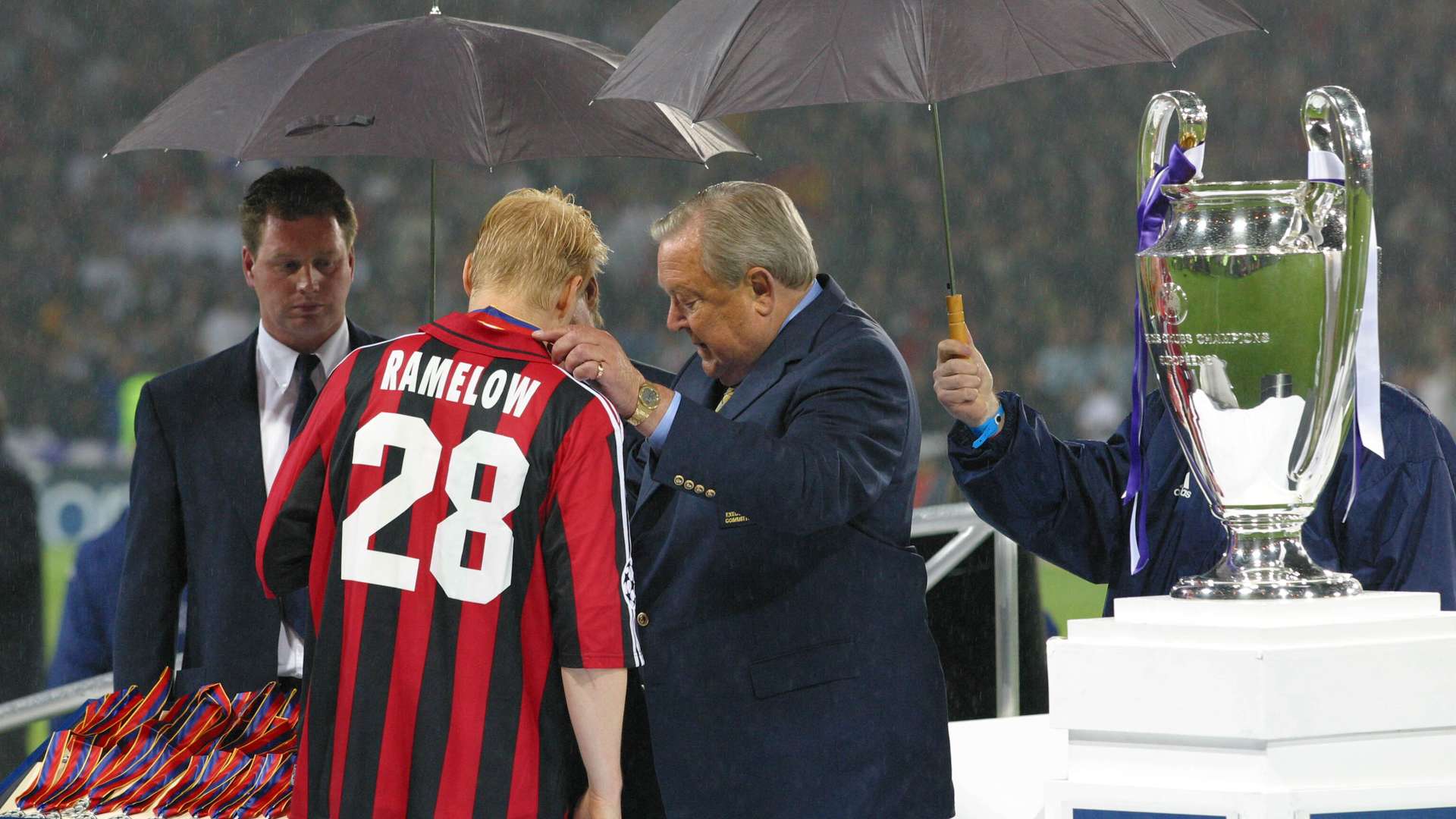
Runners-up again: Ramelow and Co. impressed in the 2002 Champions League final against Real Madrid - only the result wasn't right.
